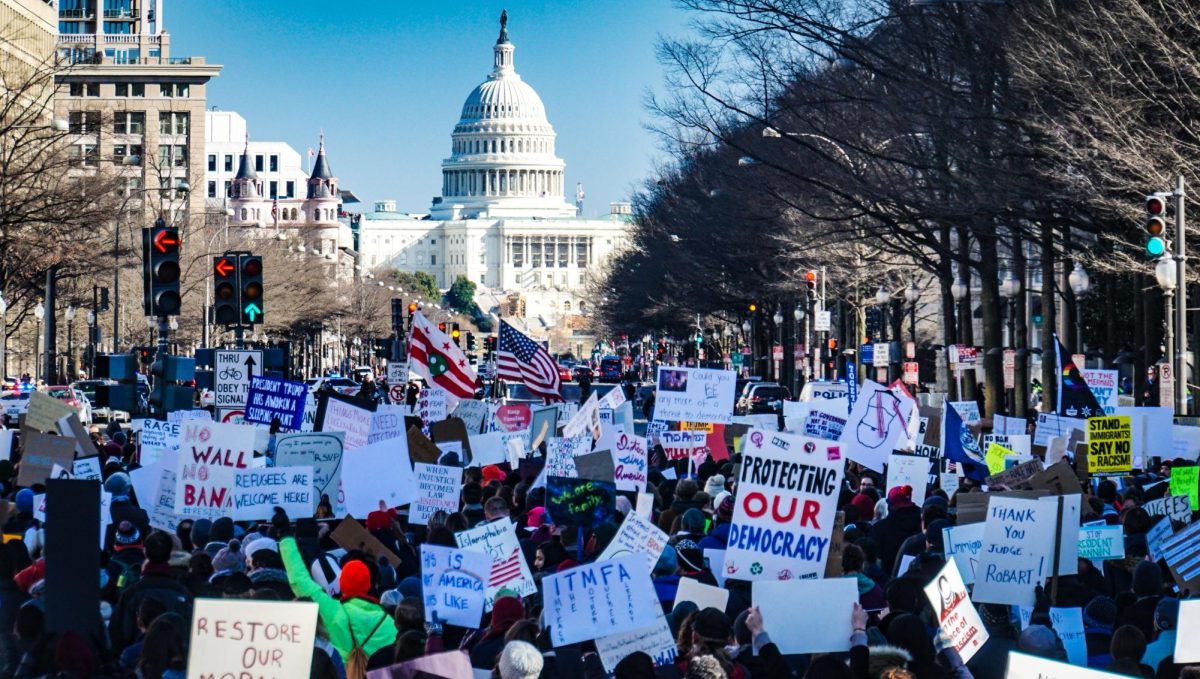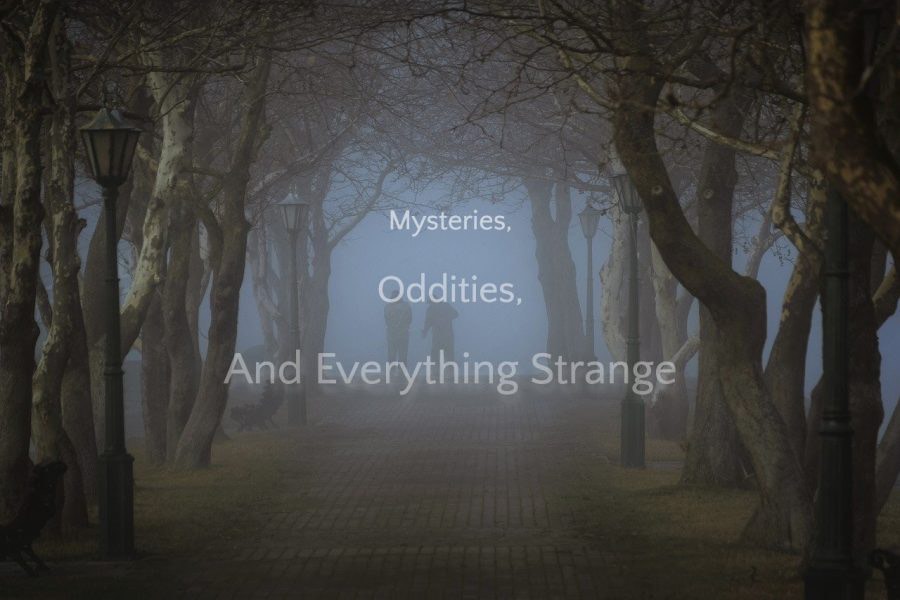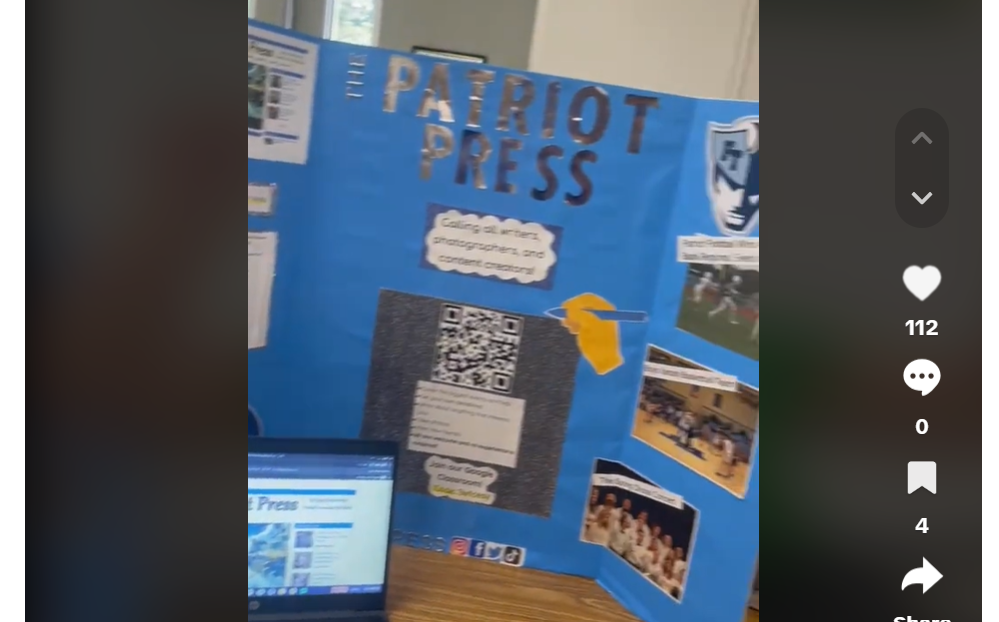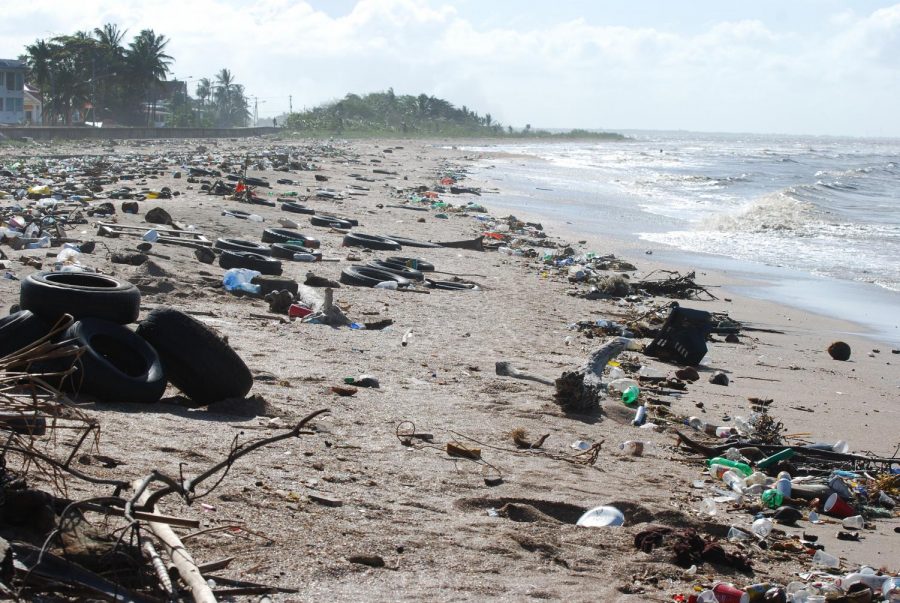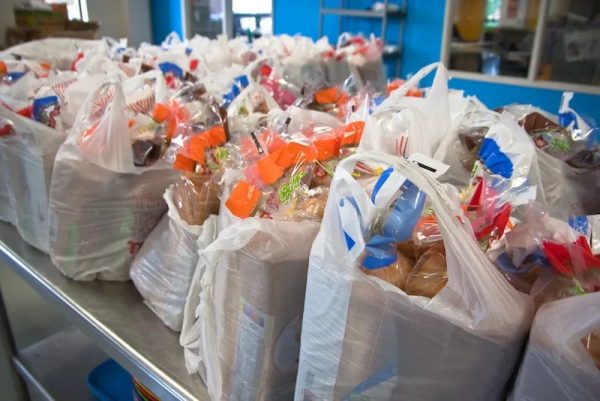The Environment Needs Your Help
December 4, 2018
I’ve never been the type to pay attention to the environment around me. Like many others in today’s society, our fast paced and demanding world had me constantly reaching for fast and convenient options (such as water bottles and plastic grocery bags) without thinking twice. It wasn’t until I attended my first beach sweep a few weeks ago that I truly saw the environment for what it is becoming: destroyed.
What started as a quest to attain community service hours for National Honors Society turned out to leave my mind in a jumbled state of concern. In an utterly sheltered mindset, I slipped on my plastic gloves, grabbed my trash tally sheet, and stumbled onto the beach. As the 9 A.M. cold nipped at my skin, another reality ate away at me as well. Scattered every square foot of the beach I began to uncover heaps of plastic, straws, water bottles and caps. Just when I thought the job was done, I dug more and more clusters of trash from the browned sand on Belmar Beach. Bottles, wrappers, grocery bags, and glass heavily weighed down my trash bag. With each cigarette butt, plastic toy, and lid I picked up, I felt a growing cloud of shame lingering above my head. How could I have been blind to the amount of waste I had produced all of these years?
According to Ocean Crusaders, an estimated 5.25 trillion pieces of trash are polluting our oceans at this very moment. This includes any pieces that sink to the bottom, float on the surface, or wash up on our shores. 100,000 marine animals are found dead every year due to plastic entanglement. 1,000,000,000 sea birds die from exposure to plastic. At least ⅔ of the world’s fish are suffering from plastic ingestion. Scientists at For a Strawless Ocean estimate that if we continue to produce the amount of waste we do currently, there will be more plastic in the ocean than fish by the year 2050.
One of the most problematic pieces of trash in our oceans is plastic straws. Americans use about 500 million straws every day. These pieces of plastic are often too light to make it through the recycling process, and end up mixing with trash. Once the trash ends up in the ocean, the straws break into “microplastics” instead of biodegrading. They are, as I discovered, in the top 10 most common items found at beach cleanups today.
As the pressing issue of ocean pollution is brought to the attention of more and more people each day, I, a 16 year old junior in high school, am left wondering what my future is going to be like. Is there going to be trash littered down the streets? Are all animals going to become extinct? Are humans going to become poisoned as toxins seep into our water supplies and food? These questions haunt my mind every day. Although I cannot stop the production of unnecessary plastic in goods sold in stores, I can encourage even the smallest of changes to our lifestyle. Listed below are just a few simple things anyone can do to make a difference, and if enough people start making these minor changes, we can take steps reverse the pollution of our earth before it’s too late.
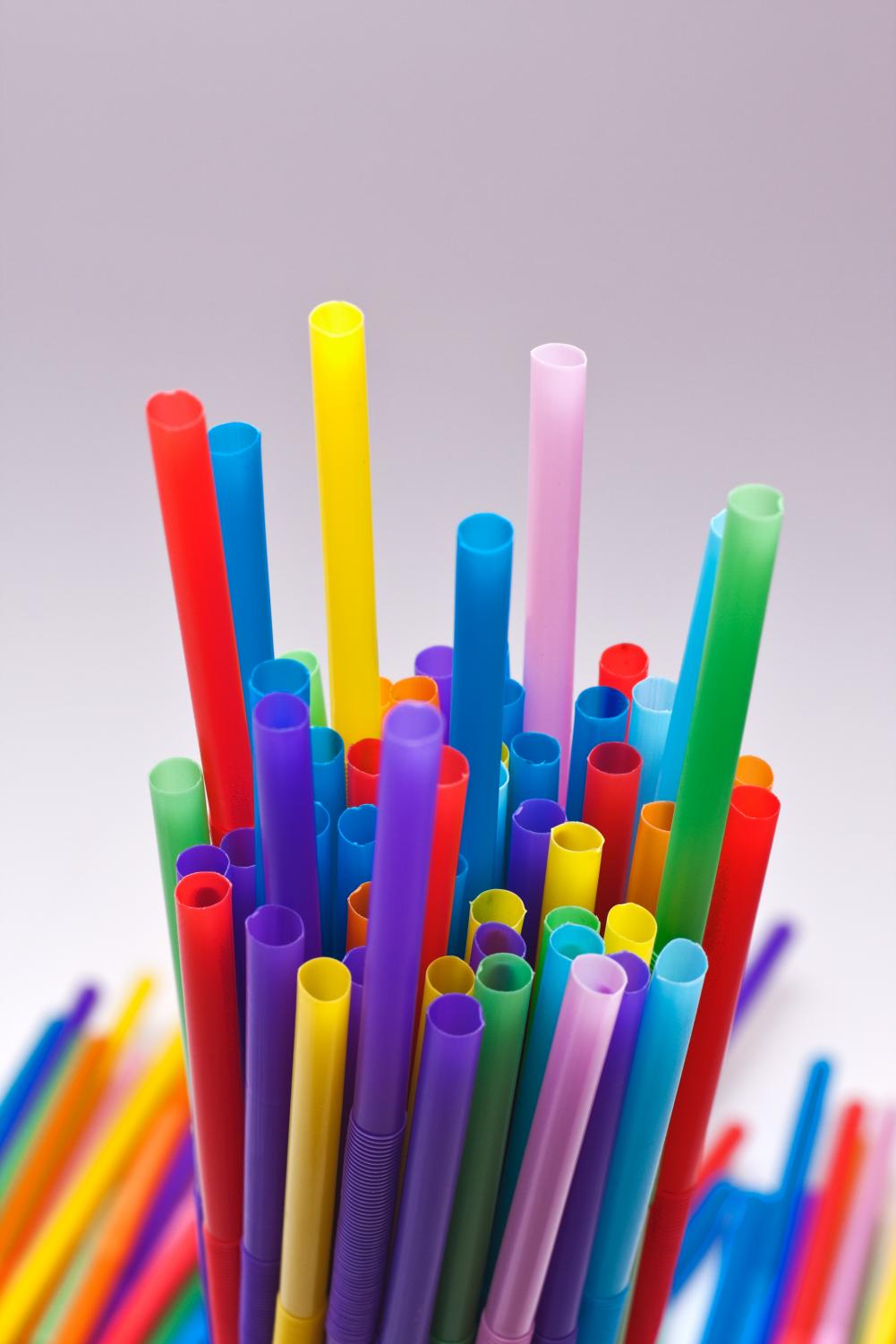 Ditch the straws.
Ditch the straws.
To most people, straws are definitely not a necessity. If, however, you desire to use straws, try buying metal ones, available on Amazon.com, or even paper straws.
Ditch the plastic water bottles.
Around 90% of our plastic water bottles end up in the ocean. Opting for a reusable water bottle is not only more cost efficient, but prevents even more plastic from compiling in the ocean.
Ditch the plastic grocery bags.
According to Ocean Crusaders, it takes 4 family shopping trips to accumulate 60 plastic bags. These man made bags are the #1 source of pollution in the ocean, according to sailors. Alternatives such as reusable bags are much safer for the environment.
Always recycle glass.
Glass that isn’t recycled, according to 50 Ways to Help, can take up to a million years to decompose. Being more careful to recycle glass can reduce water and air pollution.
Reduce your junk mail.
According to 50 Ways to Help, the average American citizen may receive up to 40 pounds of junk mail per year. This is a huge waste of paper.
Choose matches over lighters.
According to statistics (and my experience at the beach sweep), lighters end up in landfills and oceans. Using matches as an alternative prevents this from happening.
Stay informed.
Every day, more and more developments about the status of our environment are made. By staying informed and sharing your knowledge with others, awareness about the detrimental condition of our environment is spread.
http://oceancrusaders.org/plastic-crusades/plastic-statistics/
https://www.strawlessocean.org/faq/




